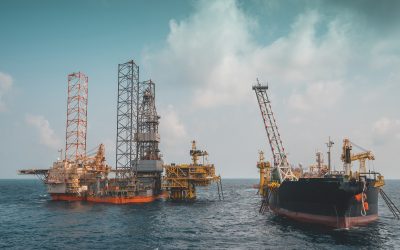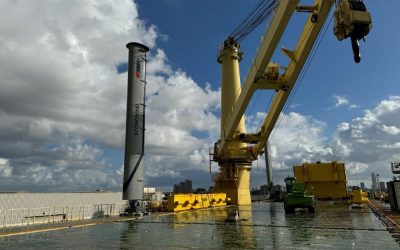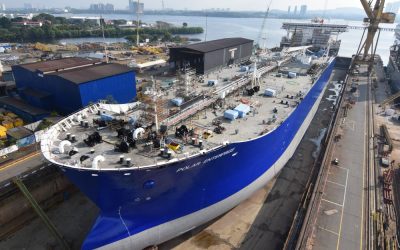Zulu Associates, an Antwerp-based maritime innovator, has published designs for a zero emission autonomous 200 TEU container vessel utilising an auxiliary wind assistance system.
The Zulu MASS, which has been designed by Dutch naval architects Conoship International, is being developed with Zulu’s subsidiary the Anglo Belgian Shipping company. As the company’s name suggests it is intended to operate across the English Channel.
Antoon Van Coillie, Zulu Associates COO, comments: “Working with Conoship we are challenging ourselves to build the most advanced and innovative vessel we can. As a result, apart [from] being fully electric and autonomous, we’re adding wind blades and examining wave foil propulsion.
Zulu and the vessel’s designers are currently exploring the possibilities for modular energy containers for the Zulu MASS, either batteries or hydrogen-based power systems, that would serve as the main propulsion. Conceived to be unmanned and part of a Maritime Autonomy System, the company believes will help it be cost competitive compared to fossil or hybrid fuelled vessels.
The Zulu MASS is itself a seagoing version of Zulu Associates’ inland waterways 90 TEU X-Barge, which is currently under final construction design, the company says.
Van Coillie adds that Zulu Associates is aligned with the Belgian Government’s desire to drive clean maritime innovation, something bolstered by the July 2021 implementation of a legal framework for pilot projects featuring unmanned vessels in the North Sea.
In September 2023, the Kingdom of Belgium, United Kingdom Maritime & Coastguard Agency and Danish Maritime Authority signed a Memorandum of Understanding (MoU) ‘On Cooperation Regarding the Operation of Maritime Autonomous Surface Ships (MASS)’.
The objective of the MoU is to enable MASS with varying levels of autonomy to operate in the North Sea, understand the operational and regulatory challenges involved, and develop mutual and consistent policies on overarching MASS issues.




